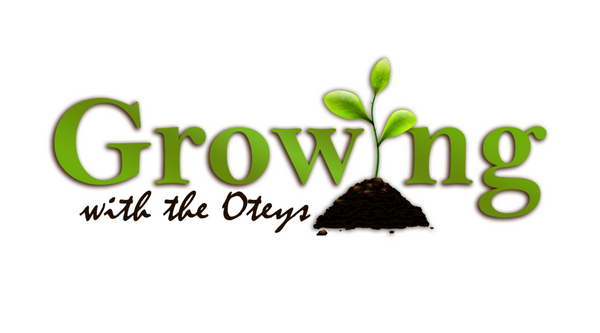The story of chattel slavery in the United States is most often told by enslavers and their progeny. Predictably, these stakeholders have historically attempted to justify America's "peculiar institution" and minimize its devastating and enduring effects on persons of African descent. Unfortunately, idyllic portrayals of slavery as "black immigration" and simplistic glosses that minimize the monstrous, depraved, sadistic institution are far too common in American textbooks and educational systems.
The best historical resources tend to be primary resources. If one cares to know something of the human toll of chattel slavery, one must listen to those who bore the brunt of it. Of course, slaves were legally and socially considered property and not persons, having essentially no rights, no protections, and no say. They had no access to American legal systems, and it was illegal for them to learn to read and write, so personal records of their travails are exceptional. These realities, among others, make Narrative of the Life of Frederick Douglass, an American Slave, a historical treasure.
The author was born a slave in the United States. He was introduced to the alphabet and given elementary reading lessons as a small child. This fostered his thirst for education, which he ingenuously pursued and developed in becoming an anomaly, a slave who could document the savagery he personally endured and witnessed. In this volume, published two decades before the conclusion of the Civil War, Douglass details the atrocities and inhumanities visited upon slaves and gives contemporaneous voice to the incongruity of such horrors occurring in an ostensibly Christian nation and being perpetrated by supposed followers of Christ, all while sharing the internal fears and conflicts occasioned by his growing enlightenment and commitment to escape.
Every American should read Narrative of the Life of Frederick Douglass, an American Slave. Numbers and data are important, but this memoir adds rare insights and texture that numbers and data alone can never provide. Douglass, a remarkable man of prodigious intellect and indomitable will, has provided a rare window through which modern readers can see what the numbers actually mean. All readers will benefit from wrestling with his firsthand account of the systematic and devastating character of chattel slavery and then endeavoring to recognize its historical vestiges.
Copyright & Reuse
© Growing with the Oteys. Noncommercial reprint (including classroom use and church bulletins) permitted with author credit and link/URL; no edits; third-party images excluded. See Permissions page for details.

